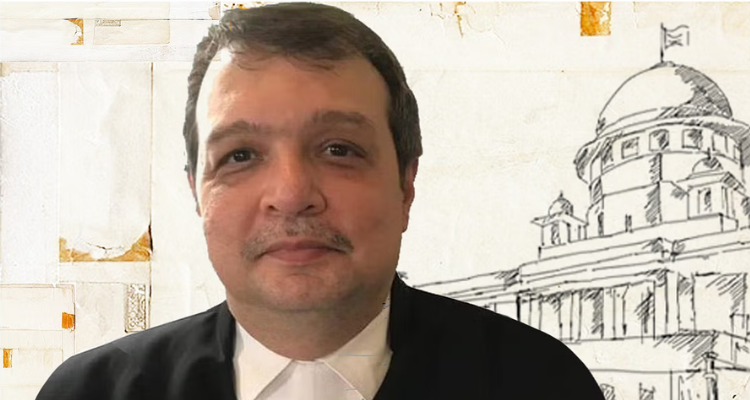
Born on August 12, 1965, in Mumbai, Justice J.B. Pardiwala hails from a lineage committed to serving the nation through the legal profession. He embarked on his educational journey at St. Joseph’s Convent School and obtained his undergraduate degree from J.P. Arts College in 1985. Pursuing his passion for law, he earned his LL.B. degree from K.M. Law College, Valsad, in 1988, laying the foundation for a remarkable career in jurisprudence.
Justice Pardiwala’s professional trajectory commenced in 1989 when he commenced his practice, advocating cases in the Gujarat High Court from 1990 onwards. In 2002, his career took a pivotal turn when he was appointed as the government’s standing counsel, a role that underscored his legal acumen and commitment to justice. Additionally, his contributions extended to serving as a nominated member of the Disciplinary Committee of the Council of India, a testament to his integrity and expertise.
Beyond his legal practice, Justice Pardiwala assumed the role of editor for the ‘Gujarat Law Herald’ magazine, further solidifying his stature as a thought leader within the legal fraternity. However, it was in 2011 that he transitioned from advocate to adjudicator when the Gujarat High Court appointed him as an Additional Judge. His sterling performance led to a promotion as a permanent judge on January 28, 2013, marking a new chapter in his judicial career.
During his tenure at the Gujarat High Court, Justice Pardiwala’s leadership was evident as he served as the president of the Gujarat State Judicial Academy, spearheading initiatives to enhance legal education and judicial excellence. His elevation to the Supreme Court bore witness to his unwavering commitment to upholding the principles of justice and the rule of law.
As the mantle of leadership beckons, Justice J.B. Pardiwala is poised to assume the role of Chief Justice of India, marking a new chapter in India’s judicial landscape. His tenure, slated to commence on May 3, 2028, and extend until August 11, 2030, promises to be a period of continuity and progress, provided the collegium system and seniority rule remain integral to the appointment process.




